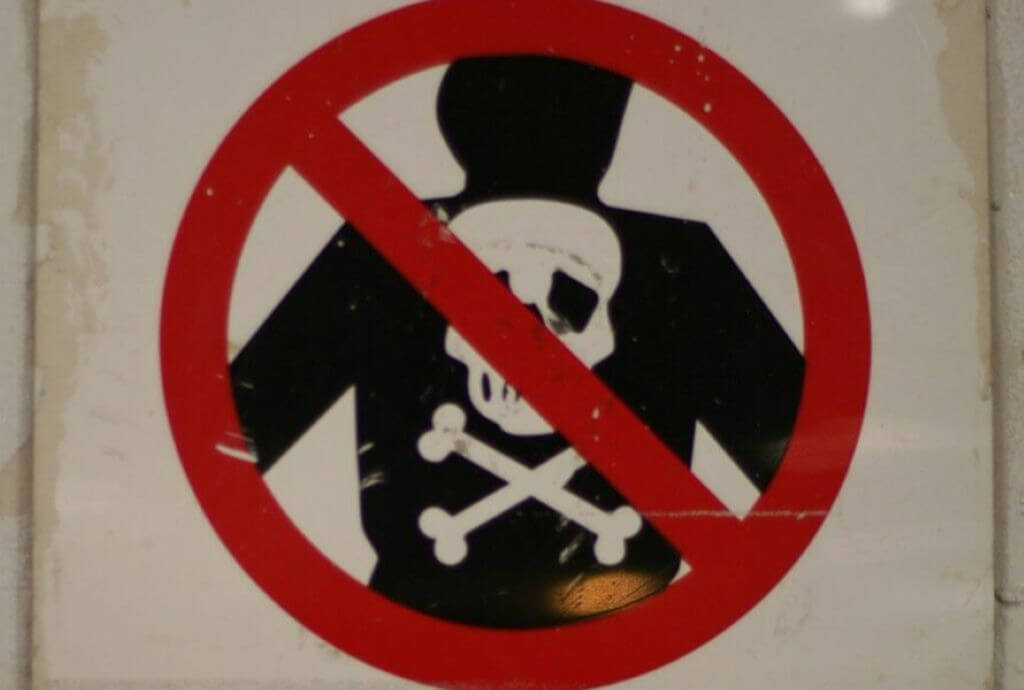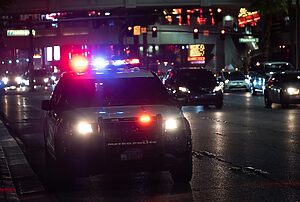Summarised by Centrist
The inquest into the murder of Juliana Bonilla Herrera raises questions about systemic failures in New Zealand’s parole and public safety systems.
Joseph Brider, a convicted rapist with a history of violence against women, was paroled into housing directly beside Herrera without her knowledge – despite probation officers warning that “any attractive female moving into the neighbouring flats or next door, it would be seen as a potential risk” given his criminal history.
Although police visited a woman Brider was casually seeing to warn her, Herrera, his next-door neighbour, was never notified.
Just 72 days after his release, Brider broke into her home, sexually assaulted her, and stabbed her to death.
Probation officers knew Brider had “a distorted belief and attitude regarding women” and ongoing “physiological arousal to thoughts of violence,” yet allowed him to live in an unsupervised environment without notifying female neighbours or escalating psychiatric supervision.
Further failures emerged when it was revealed that Brider’s electronically monitored curfew was never properly registered in the system.
“Following Juliana’s death, the probation officer learned that Mr Brider’s curfew had not been entered in the system since his release, despite her request in early November,” counsel assisting the coroner said.
Herrera herself had expressed fear to friends and family, saying Brider made her feel “watched” and uncomfortable, but no preventative action was taken.
Brider’s prison case manager had raised concerns before his release about placing him in community housing without 24/7 support, warning that it was a risky move, but those concerns were not enough to halt his parole.
The inquest continues, with Coroner Alexandra Cunninghame probing how Corrections, Police, and Pathway Trust made critical decisions that ultimately failed to protect an innocent woman.



















